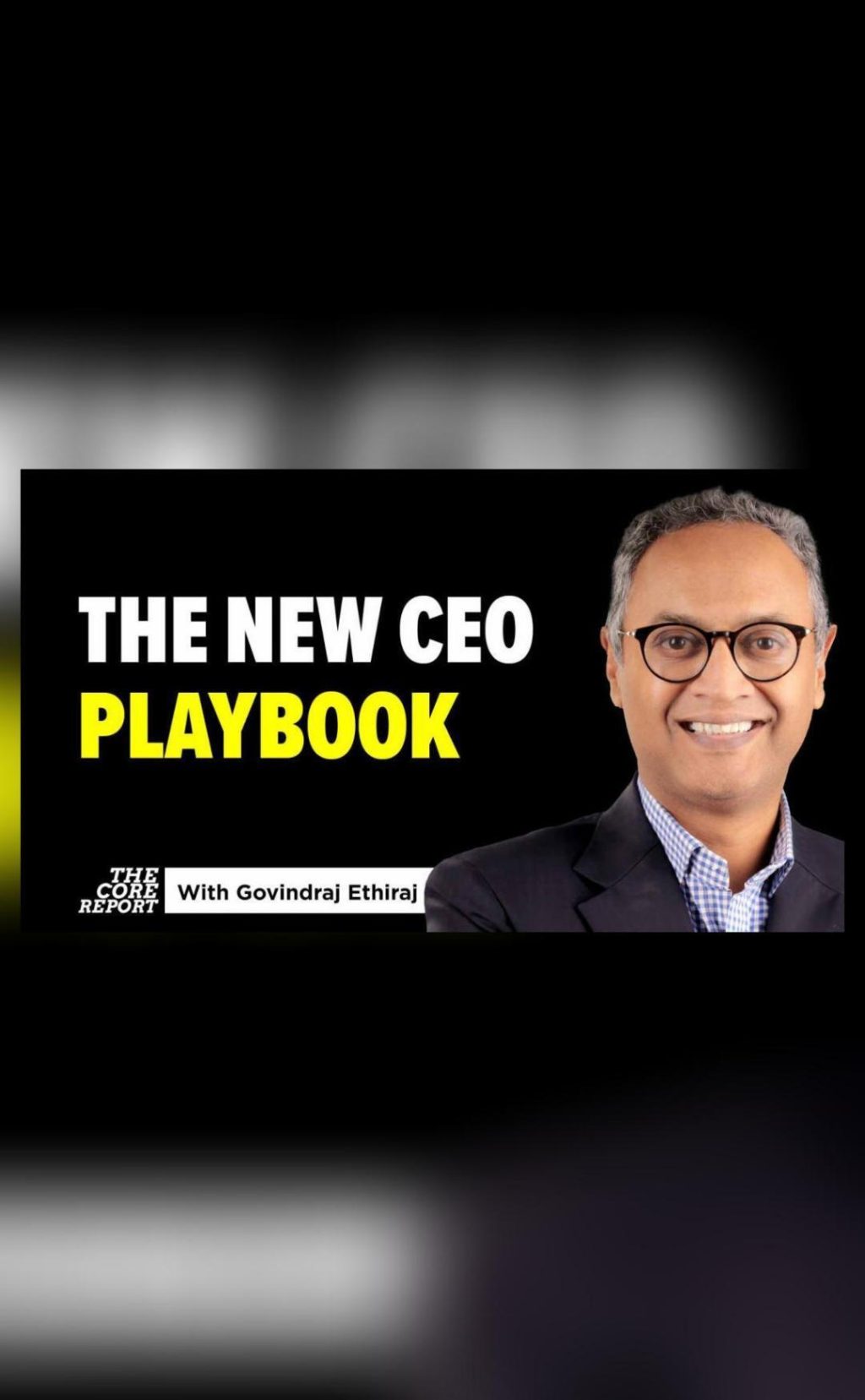
The New CEO Playbook: AI Pressures & Global Tariff Shocks
As the world becomes increasingly interconnected, CEOs face an unprecedented array of challenges that threaten the very fabric of their businesses. Artificial intelligence (AI) is reshaping industries, forcing companies to innovate or risk falling behind. Meanwhile, global tariff shocks are disrupting trade, leaving business leaders scrambling to adapt to shifting market dynamics. In this tumultuous landscape, CEOs must rethink their strategy and operations to survive and thrive.
In this article, we’ll explore the new CEO playbook, highlighting the key pressures and pressures driving change, and offering insights on how business leaders can navigate these challenges to emerge stronger and more resilient.
AI Pressures: The Need to Automate and Innovate
AI is transforming industries at an unprecedented pace. From customer service chatbots to predictive analytics, AI-powered tools are revolutionizing the way businesses operate. However, this rapid adoption is putting pressure on CEOs to automate and innovate.
According to a recent survey by Deloitte, 63% of CEOs believe AI will disrupt their industry within the next two years. To stay ahead of the curve, CEOs must prioritize AI adoption, investing in training and development programs for their employees. This includes upskilling staff to work alongside AI systems, rather than replacing them.
Moreover, companies must also rethink their business models to capitalize on AI’s potential. This may involve creating new products and services, or expanding into adjacent markets. By embracing AI, CEOs can unlock new revenue streams, improve operational efficiency, and gain a competitive edge.
Global Tariff Shocks: The Impact on Trade and Commerce
The recent tariffs imposed by the United States on Chinese goods, and the retaliatory measures taken by China, have sent shockwaves through global trade. The escalating trade war has created uncertainty and volatility, making it challenging for CEOs to predict market trends and make informed decisions.
The impact of tariffs is far-reaching, affecting not only import and export prices but also supply chains and global trade patterns. Companies must reassess their global supply chains, identifying vulnerabilities and opportunities to diversify and localize.
Moreover, CEOs must also navigate the complex web of trade agreements and regulations, ensuring compliance with ever-changing rules and regulations. This requires a deep understanding of international trade law and diplomacy, as well as the ability to adapt quickly to changing circumstances.
Localizing and Adapting: The New CEO Mindset
In this era of uncertainty, CEOs must adopt a new mindset, focusing on localization and adaptation. This involves:
- Localizing supply chains: By moving production closer to home, companies can reduce reliance on global supply chains and mitigate the impact of tariffs.
- Adapting to changing market conditions: CEOs must stay agile, responding quickly to shifts in global trade policies and market trends.
- Rethinking business models: Companies must reassess their value proposition, identifying new opportunities and revenue streams in a rapidly changing world.
The Road Ahead: A New CEO Playbook
In this new era of AI pressures and global tariff shocks, CEOs must rethink their strategy and operations to stay ahead of the curve. By prioritizing AI adoption, localizing supply chains, and adapting to changing market conditions, business leaders can:
- Strengthen their competitive edge: By embracing AI and localizing supply chains, companies can improve operational efficiency, reduce costs, and increase customer satisfaction.
- Mitigate risks: By diversifying their supply chains and adapting to changing market conditions, CEOs can reduce their exposure to global trade risks and uncertainties.
- Create new opportunities: By identifying new revenue streams and expanding into adjacent markets, companies can capitalize on the opportunities presented by AI and globalization.
Conclusion
The new CEO playbook is about resilience, adaptability, and innovation. In this era of AI pressures and global tariff shocks, CEOs must be prepared to pivot, to localize, and to adapt. By embracing these challenges, business leaders can emerge stronger, more agile, and better equipped to navigate the uncertainties of the global economy.
News Source:
https://youtu.be/0osLVVtj7tY






